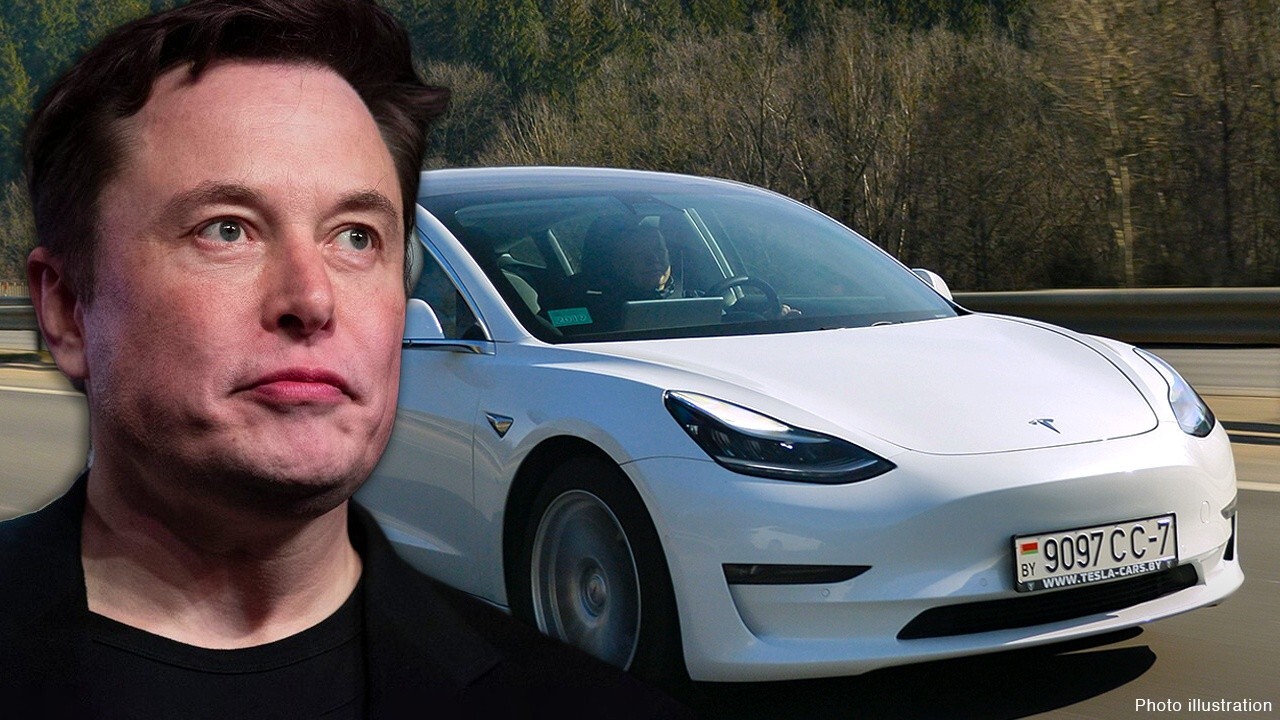During Tesla’s first-quarter earnings call, CEO Elon Musk made waves by declaring Tesla’s identity as an artificial intelligence and robotics company. Musk’s remarks shed light on Tesla’s ambitious vision beyond electric vehicles, particularly in the realm of autonomous driving.
Following Musk’s proclamation, attention quickly turned to Tesla’s progress in autonomous driving, a cornerstone of its AI strategy. Musk tantalizingly hinted at plans to license Tesla’s full self-driving (FSD) technology to other automakers, signaling potential collaborations in the industry.
The revelation that Tesla has amassed over 1.3 billion miles of driver data for FSD underscored the company’s technological prowess and competitive edge. This vast reservoir of data positions Tesla as a frontrunner in the race towards fully autonomous vehicles, outpacing rivals like GM’s Cruise.
Speculation swirled regarding potential partnerships, with some suggesting GM as a likely candidate. However, the specifics remain shrouded in mystery, as Musk emphasized the broader implications of Tesla’s AI and robotics initiatives beyond individual collaborations.
Elon Musk’s unveiling of Tesla’s AI and robotics aspirations marks a pivotal moment for the company and the automotive industry as a whole. As Tesla charts its course towards a future driven by artificial intelligence, the possibilities for innovation and collaboration are boundless.

